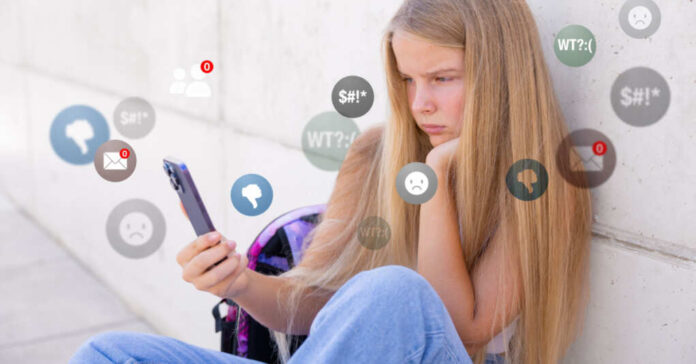
In a groundbreaking move, the Florida House of Representatives passed a bill restricting most social media access for individuals under 16. This development sparks discussions about technology, addiction, and the government’s role in parenting. The bipartisan support for House Bill 1, with a vote of 106-13, marks a significant step in controlling how social media can negatively influence kids. Now, the bill heads to the state’s Republican-controlled Senate for further review.
Meta, the parent company of Facebook and Instagram, recently introduced new safety features specifically tailored for teenagers. These measures aim to improve the online experience for young users while providing better protection. Among the changes, Meta has implemented restrictions on private messages from unknown individuals to reduce unsolicited messages and potential risks. Additionally, they’ve enhanced parental control features, allowing parents to manage their teens’ social media usage more effectively and ensure age-appropriate content.
Regarding the recent Florida legislation, Meta asserted that social media regulation should be under federal oversight, advocating for consistent guidelines across states. They argue that parental consent is sufficient to safeguard minors’ social media engagement. Caulder Harvill-Childs, a Meta representative, highlighted the positive aspects of teens’ online presence, noting their responsible use for various purposes like jobs, education, and civic engagements. However, he expressed concern that Florida’s ban on teens under 16 might disadvantage the state’s youth compared to peers in other areas.
But for the Florida House of Representatives, kids under 16 should have only limited exposure to social media. Their proposal addresses major concerns in minors’ usage of social media, including the practices of tracking user activity, incorporating features that are addictive for kids, and allowing content uploads. They pose their legislation as protection against mental health crises and the dangers of potential exploitation of children.
At the federal level, the pressure on social media companies increased as executives appeared before Congress, defending their platforms. At the same time, lawmakers emphasized the necessity for strict regulations to protect children online. During the hearing, Senator Dick Durbin (D-IL) criticized social media companies for endangering youth through design choices and insufficient investment in trust and safety measures.
Durbin characterized online child exploitation as an “American crisis” fueled by rapid technological advancements, which provide predators with potent new tools to target children. He argued that social media has exacerbated this crisis.
In May, the U.S. Surgeon General issued an advisory highlighting social media use among youth as a significant public health issue, stressing the necessity for more research on its mental health implications. Dr. Vivek H. Murthy emphasized the importance of investigating the mental health effects on young individuals, identifying harmful content types, examining societal protective factors, and exploring the potential benefits of social media.
The advisory outlined approaches policymakers can take to make a meaningful change, including enacting policies to limit access to potentially harmful content, increasing funding for research in this area, and integrating digital and media literacy programs into schools.
Murthy urged social media companies to prioritize safety and privacy in their product designs and enforce minimum age requirements. He stated that 13 is “too young” for children to use social media, emphasizing that this age is critical for identity and self-awareness development.
In 2022, the American Psychological Association released guidelines to help teenagers navigate social media safely. These guidelines endorse implementing time limits, encouraging family discussions about social media usage, and providing parental oversight.
Florida’s proposed House Bill 1 adds to Senate Bill 1430, which centered on social media protection for minors. It includes several key provisions, such as disclosure requirements mandating social media platforms to outline specific policies and safety measures for minors. Additionally, platforms can display compliance statements on their homepage or user login pages, and certain schools are barred from using specific social media platforms for educational purposes. The bill is set to take effect on July 1, 2024.
House Bill 1 adds more restrictions and proposes measures like mandating social media platforms to delete accounts for users under 16 permanently and allowing parents to pursue legal action against platforms if their minor child’s account remains active.
As usual, Florida is under the spotlight, drawing attention from critics who claim a social media ban impinges freedom and supporters who feel it’s necessary to protect children. The ongoing discussions regarding the implications and potential impact of the bill are sure to draw significant attention from the media because it will limit the liberal influence of media outlets on children’s minds.







